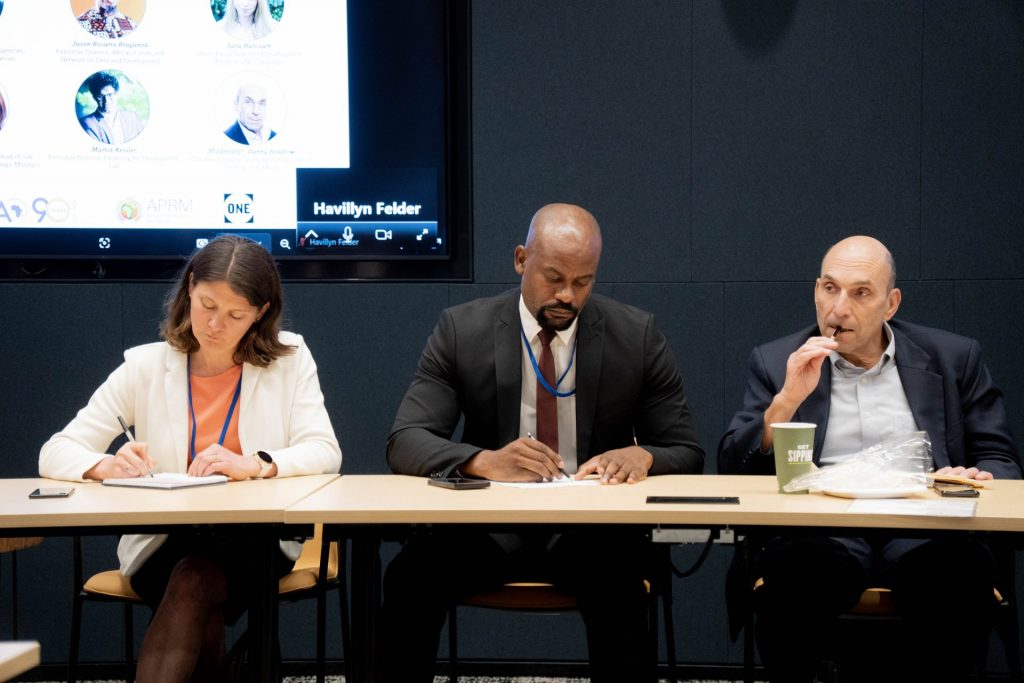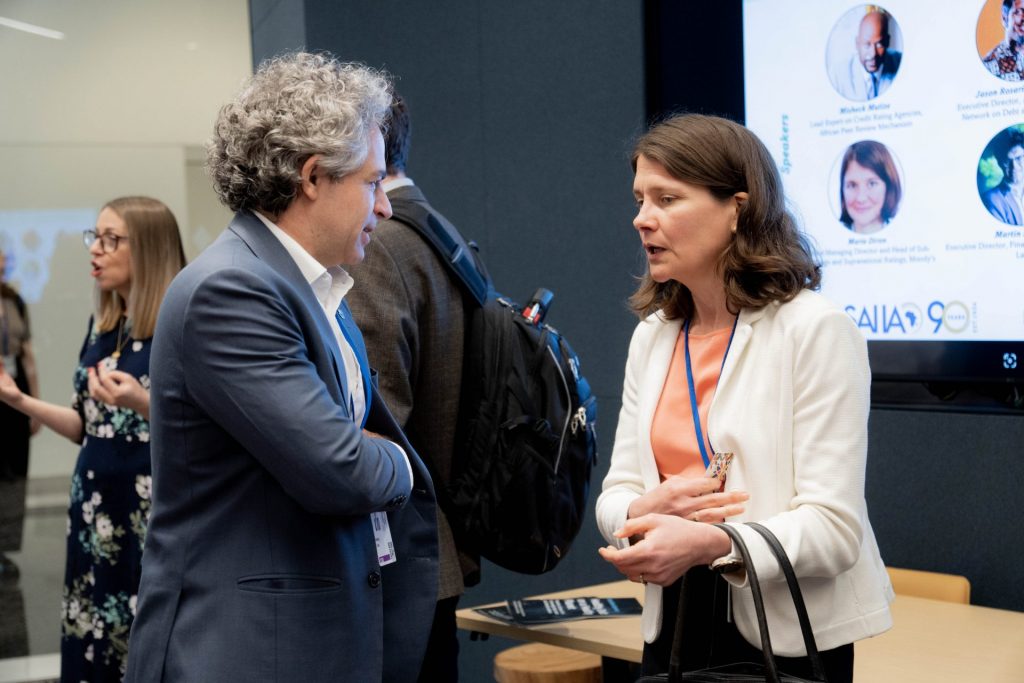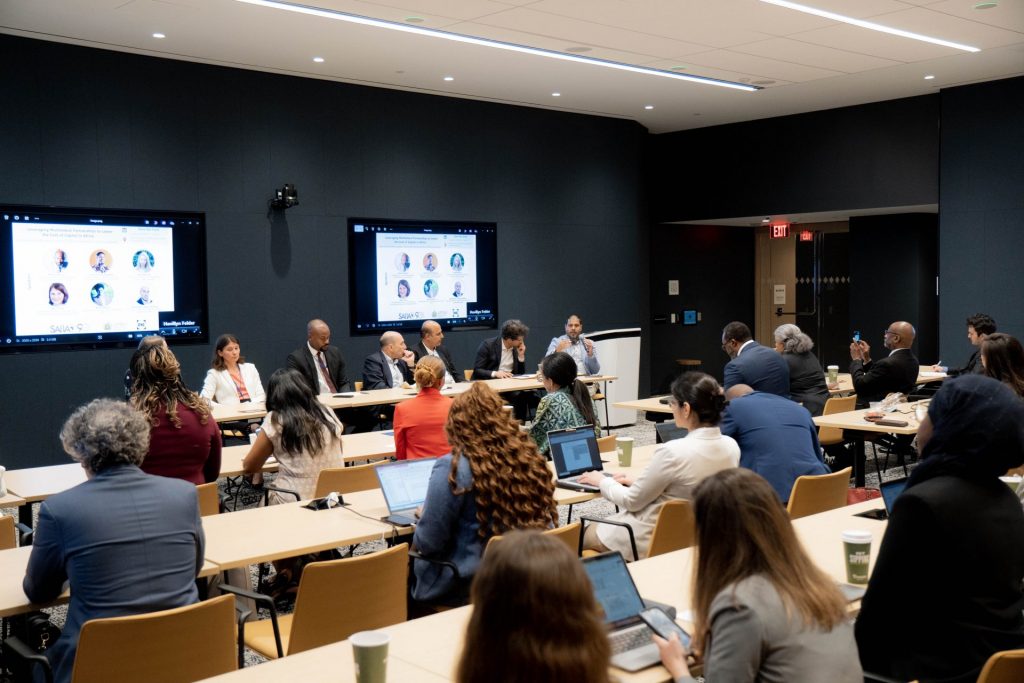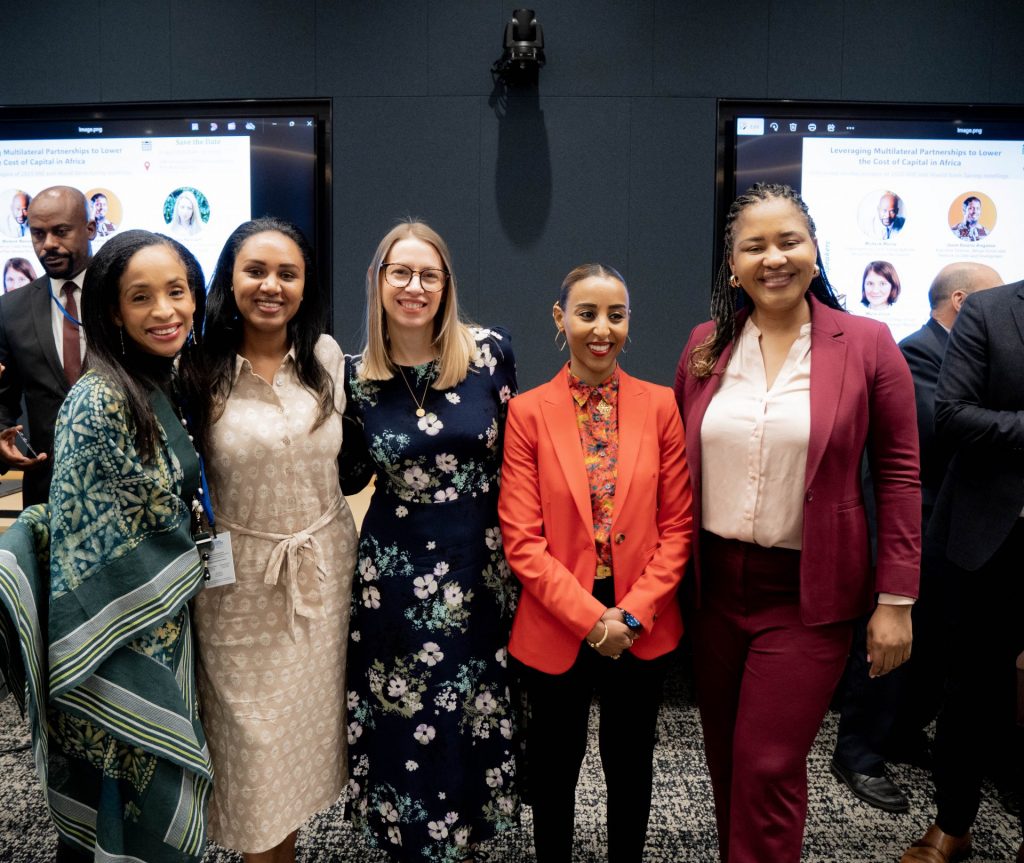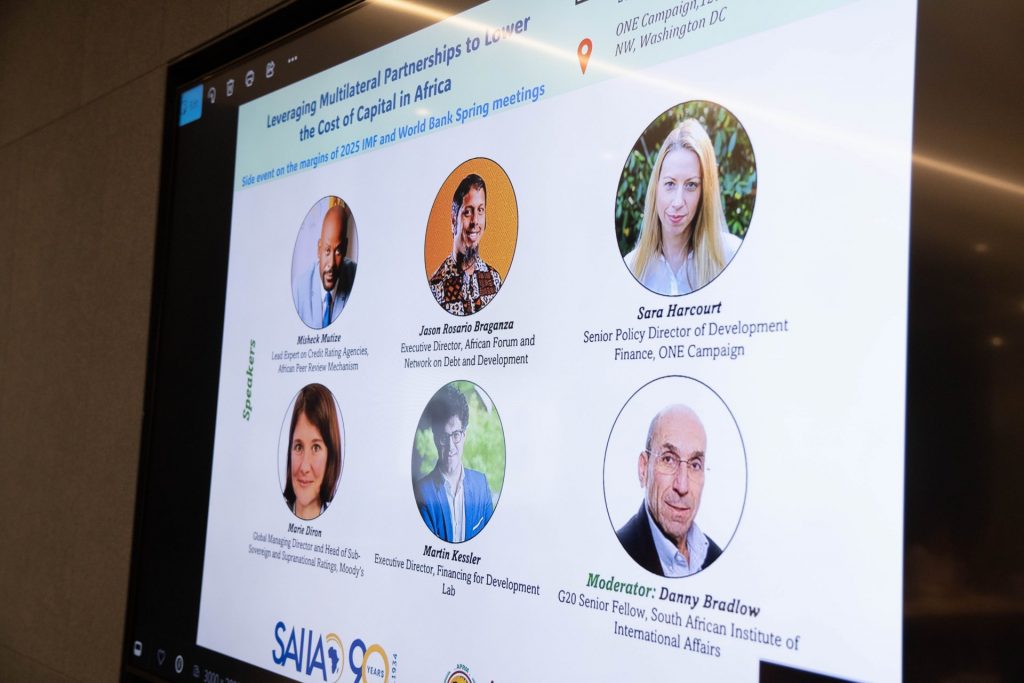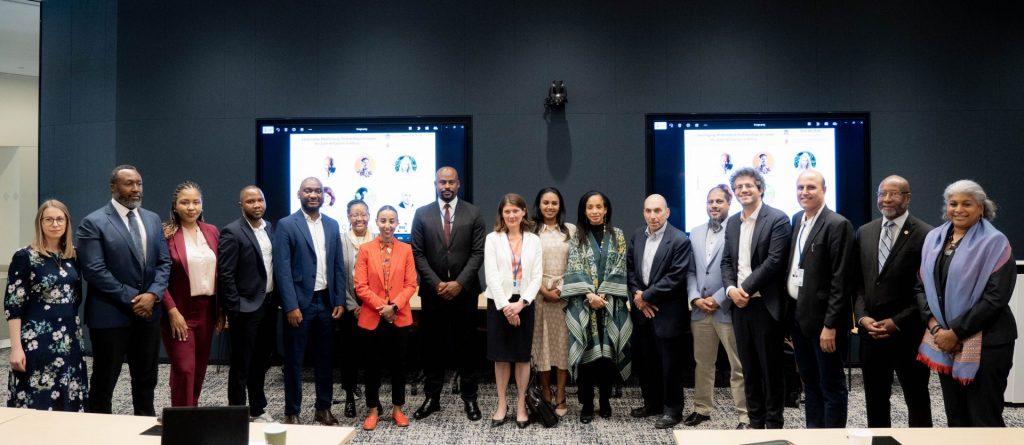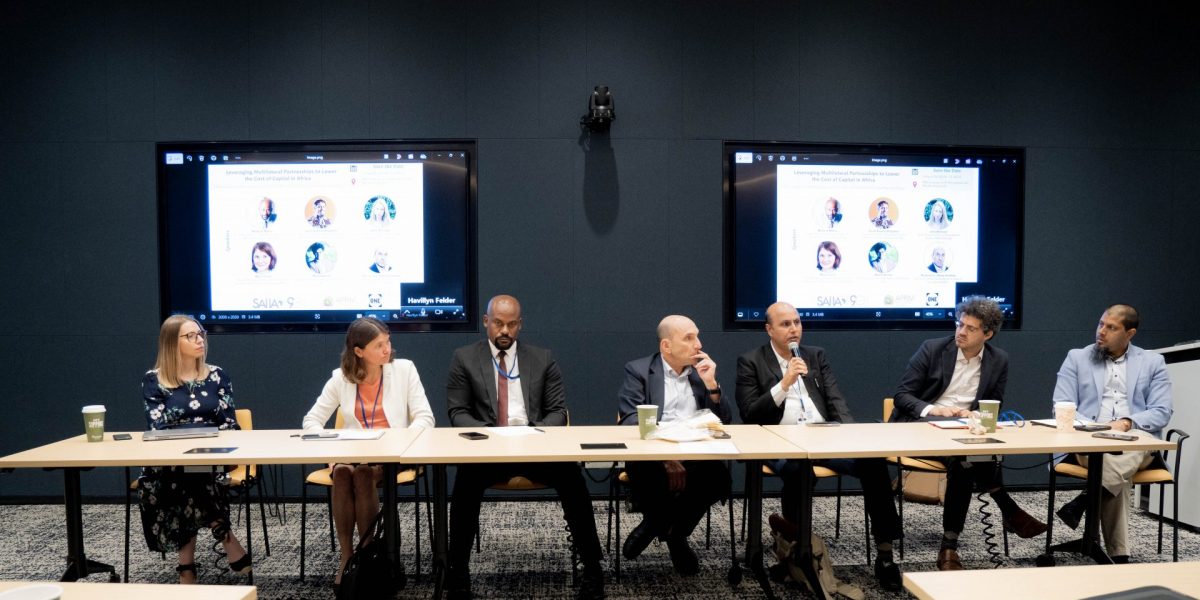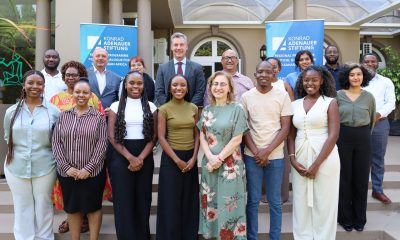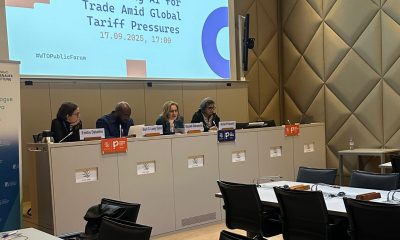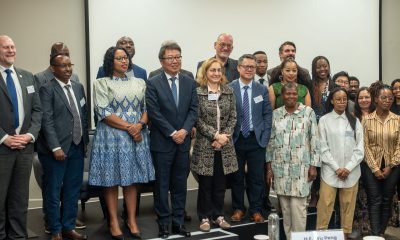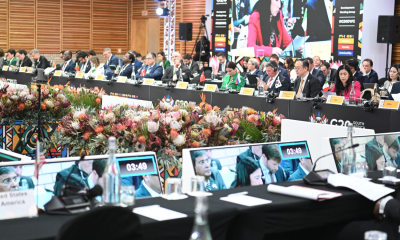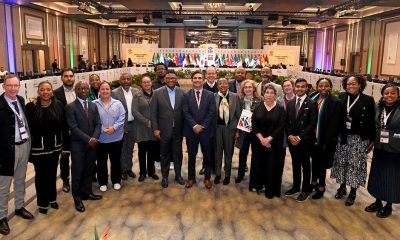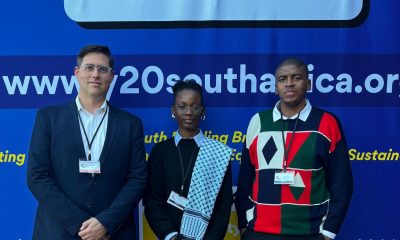Held on the sidelines of the IMF/World Bank Spring Meetings in Washington, D.C., the topical discussion focused on ‘leveraging multilateral partnerships to lower the cost of capital in Africa’.
Following insightful opening remarks by CEO/President of ONE Campaign Ndidi Okonkwo Nwuneli, the panel, comprising Misheck Mutize (APRM), Sarah Harcourt (ONE Campaign), Marie Dilon (Moody’s), Mehul Pandya (Care Ratings), Martin Kessler (FDL), Jason Brangazi (AFRODAD) and Daniel Bradlow (SAIIA), engaged in a stimulating debate highlighting the significant pressures facing African economies.
The panel underscored that African nations are grappling with a confluence of challenges, including:
- Declining capital flows: A worrying trend of reduced investment into the continent.
- Extremely high debt service payments: Placing immense strain on national budgets.
- Debilitating tariffs: Hindering trade and economic growth.
Compounding these issues, African countries face some of the highest borrowing costs globally due to perceptions of elevated risk. Analysis by The ONE Campaign reveals that African nations are paying a staggering 500 percent premium on private loans compared to the more favourable rates offered by Multilateral Development Banks (MDBs).
The discussion yielded several potential solutions to alleviate this financial burden, including:
- Examining the methodologies employed by credit rating agencies to ensure fair and accurate assessments.
- Tackling regulatory barriers that may unnecessarily inflate borrowing costs.
- Improving debt sustainability and risk ratings through proactive economic management and transparent governance.
- Investing in the capacities of African government debt management offices to effectively engage with credit rating agencies.
- Enhanced due diligence by African countries regarding the terms and costs associated with borrowed funds.
This collaborative event underscored the urgent need for concerted multilateral action to address the structural issues contributing to Africa’s high cost of capital. The insights shared offer a roadmap for policymakers and stakeholders to work towards a more equitable and sustainable financial landscape for the continent.
